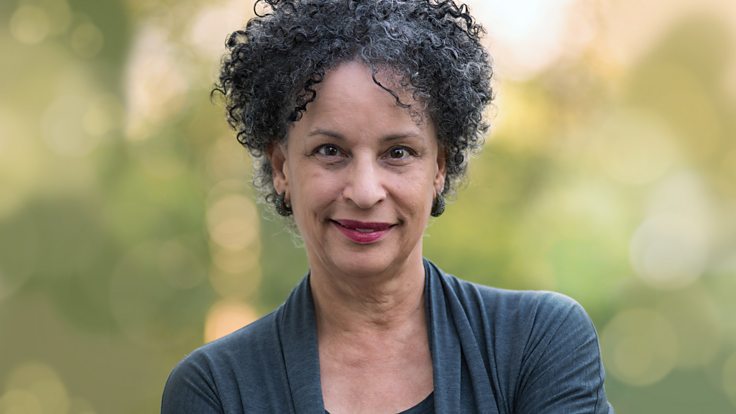‘I shouldn’t have to defend my Irishness’ – tackling the identity struggles faced by mixed race IrishPosted in Articles, Arts, Europe, Media Archive, United Kingdom on 2016-10-11 00:28Z by Steven |
The Irish Post
2016-10-10
Erica Doyle Higgins, Digital Reporter
 The above image of Lorraine Maher Faissal as a child is the main image of the #IAmIrish Project. (Picture: Lorraine Maher Faissal) |
FOR the first time a photography exhibition celebrating mixed race Irish has gone on display in the London Irish Centre.
#IAmIrish is a project founded by Lorraine Maher Faissal is running during Black History Month and features 25 photographs of mixed race Irish people.
Ms Maher Faissal says she hopes this exhibition becomes a way to celebrate diversity, and opening the dialogue on being mixed race and Irish.
“I hope this project is part of the solution in opening up dialogue in understanding and to dispel the idea that if you are from a non-white community, you are automatically an immigrant,” she said.
“ The project is a creative conversation mapping the roots, the lives and experiences of Irish people who happen to be mixed race,” Ms Maher Faissal added.
“October is Black History Month so what better time to celebrate as an Irish woman of colour than here at the London Irish Centre?” creator Lorraine Maher Faissal told The Irish Post…
Read the entire article here.







